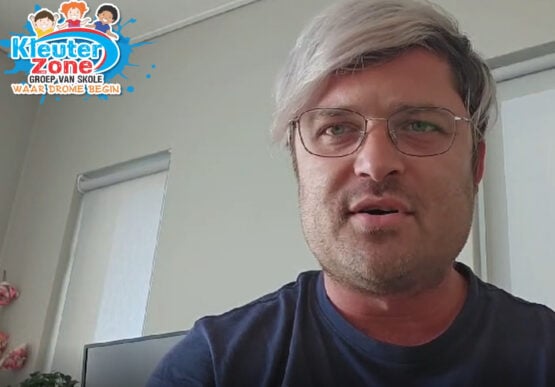Although they cannot prevent every bad decision or protect every desperate or naive investor, they can – and must – act swiftly when fraudulent schemes show obvious red flags.
KleuterZone may not have been officially declared a Ponzi scheme by any court or regulator – yet – but make no mistake: it ticks every single box.
It promised extraordinarily high returns, relied on a steady flow of new investments to pay out earlier ones, and collapsed the moment the flow slowed. It was a simplistic scheme, not even particularly sophisticated in its deception. And it is arguably the fastest Ponzi-style implosion South Africa has seen in years.
The real scandal, however, is not just the scheme itself – it’s how quickly it unravelled under basic scrutiny and how our regulatory authorities failed to act when it mattered most.
Moneyweb began investigating KleuterZone after being contacted by concerned investors who were promised returns of up to 62.4% from what was presented as a national nursery school franchise.
It took just a few weeks of digging – with limited resources – to uncover that the schools could not possibly be generating enough income to support such exorbitant returns.
ALSO READ: ‘Schools were recklessly managed’ – former KleuterZone employee
Key financial information was withheld, share certificates were issued for companies that didn’t exist or whose registration numbers didn’t match, and the business model was vague at best and deliberately opaque at worst.
The biggest red flag, however, was Anthonie Bougas himself – the man behind KleuterZone. Bougas was uncooperative from the start, refusing to provide even the most basic financial transparency.
His conduct was evasive, his explanations vague, and his responses unreasonable.
Perhaps the clearest sign of all was that Bougas was reportedly on the first plane out of the country shortly after Moneyweb published its first article.
That’s not the behaviour of a man defending a legitimate business. That’s the behaviour of someone who knew exactly what was coming.
ALSO READ: KleuterZone fails to pay March dividends and rent
So where were the regulators?
The Financial Sector Conduct Authority (FSCA) was approached as early as December last year. Its response? KleuterZone is not registered with the FSCA and, therefore, is outside its jurisdiction.
But this hands-off attitude is indefensible. Just as the Legal Practice Council would investigate someone posing as a lawyer without being registered, so too should the FSCA act against companies that sell financial instruments under the radar.
Regulation should be about public protection – not administrative box-ticking.
The Companies and Intellectual Property Commission (CIPC) has also failed to meet the moment. KleuterZone was openly marketing shares in a private company to the public yet never registered a prospectus – a clear requirement under the Companies Act.
This alone should have triggered an investigation. When questioned, the CIPC claimed it had received no public complaints or was possibly conducting an investigation. That’s not oversight – that’s inertia.
ALSO READ: Watch out: Investment scams are becoming much more innovative and complex
And what of the South African Reserve Bank (Sarb), which is empowered under Section 12 of the Sarb Act to investigate illegal deposit-taking schemes? An attorney formally lodged a complaint with the Sarb in January – a complaint Moneyweb has seen. Yet no meaningful response followed. The only reply was a read receipt.
When pressed, the Sarb simply said it could neither confirm nor deny whether it was investigating the matter.
Meanwhile, KleuterZone claimed that only R500 million was involved. But based on the overwhelming reaction Moneyweb has received from the public, the real amount could be far higher. And with no decisive intervention from authorities, investors are left to pick up the pieces while those responsible buy themselves time to cover their tracks.
The conclusion is unavoidable: South Africa’s regulatory authorities have failed investors once again.
Yes, regulators cannot prevent every bad decision or protect every desperate or naive investor. But they can – and must – act swiftly when fraudulent schemes show obvious red flags. That is their job. And if they are serious about fulfilling their mandate, they need to be proactive, aggressive, and relentless in shutting down scams before they run for years and destroy lives.
This article was republished from Moneyweb. Read the original here.
